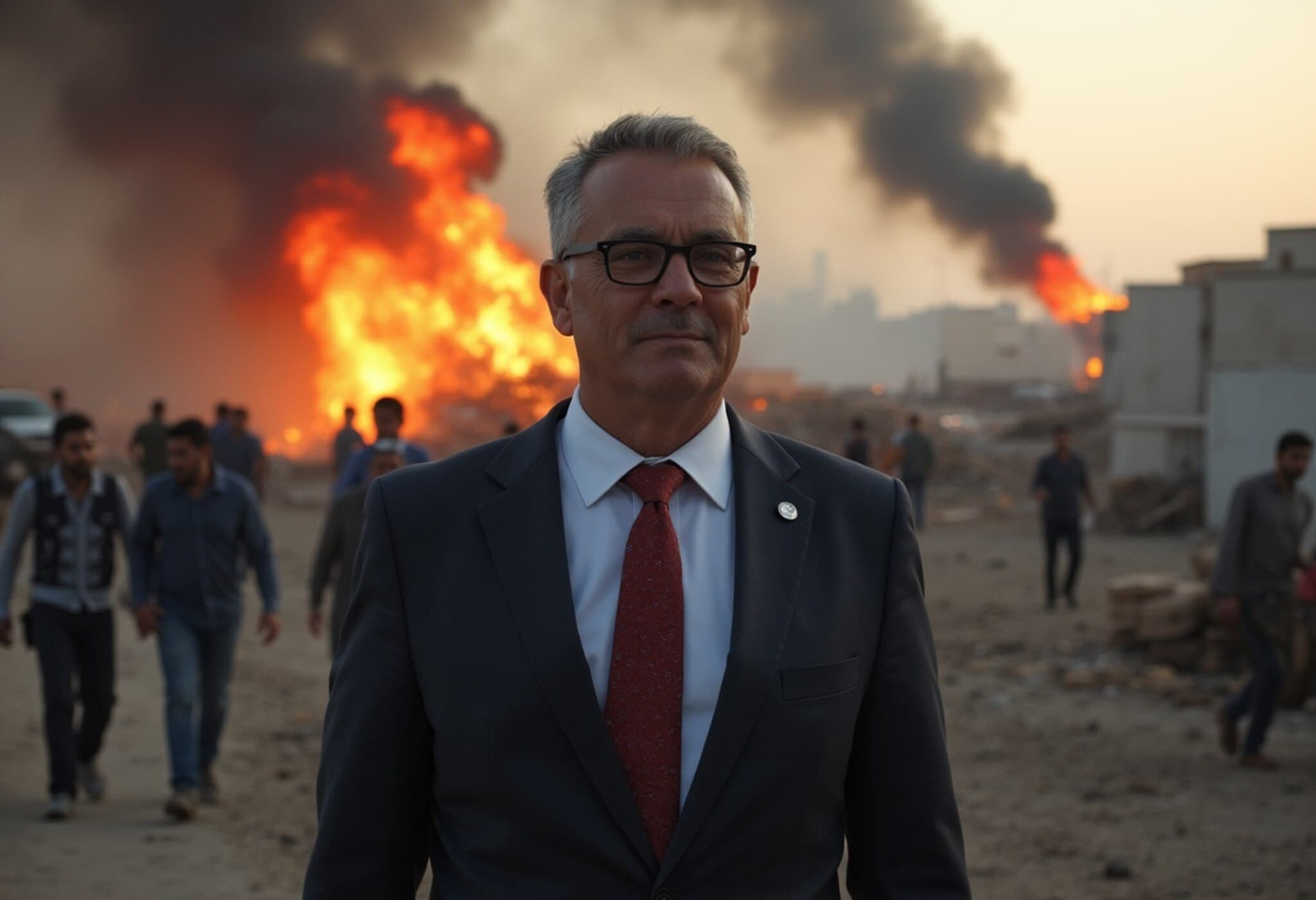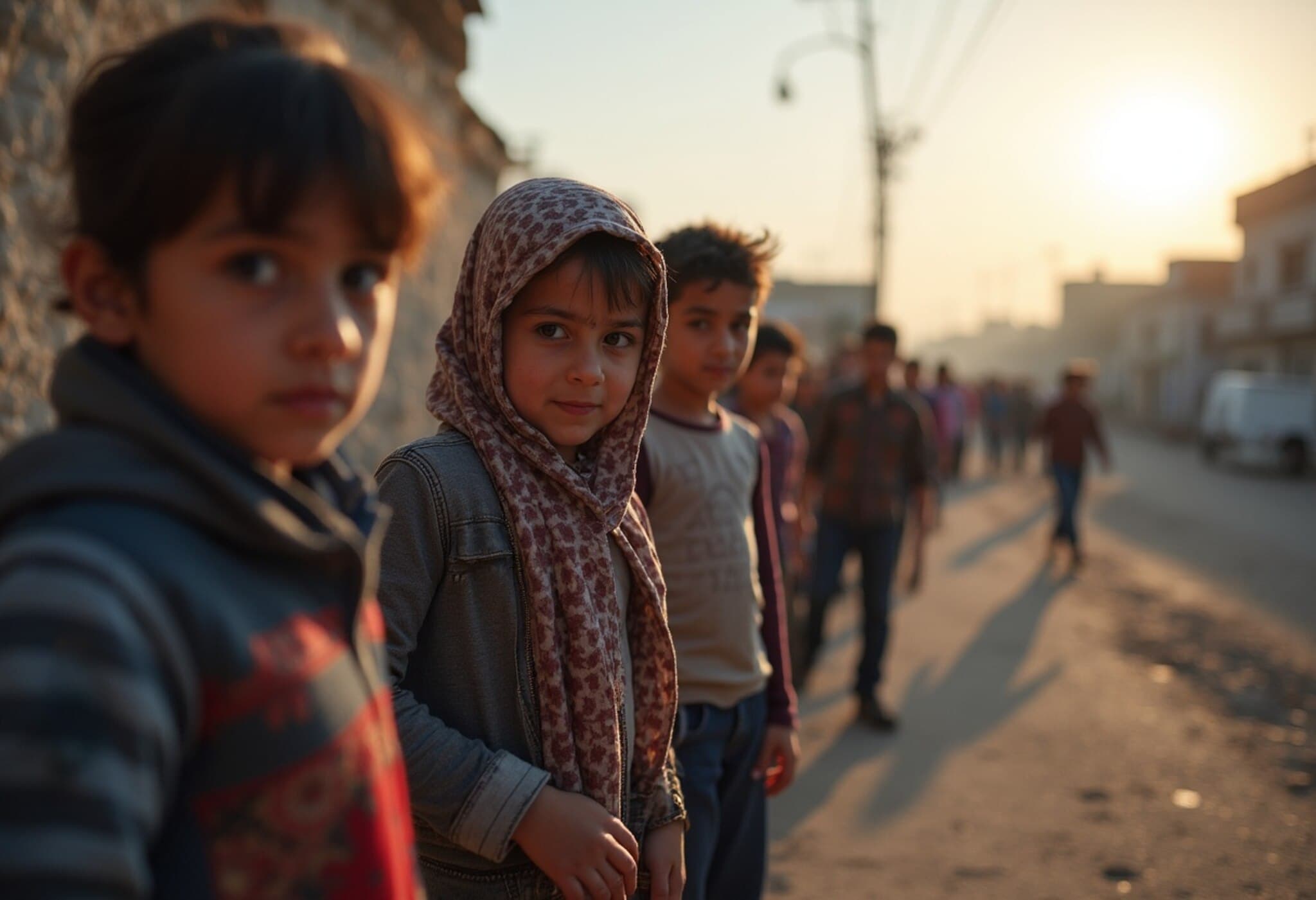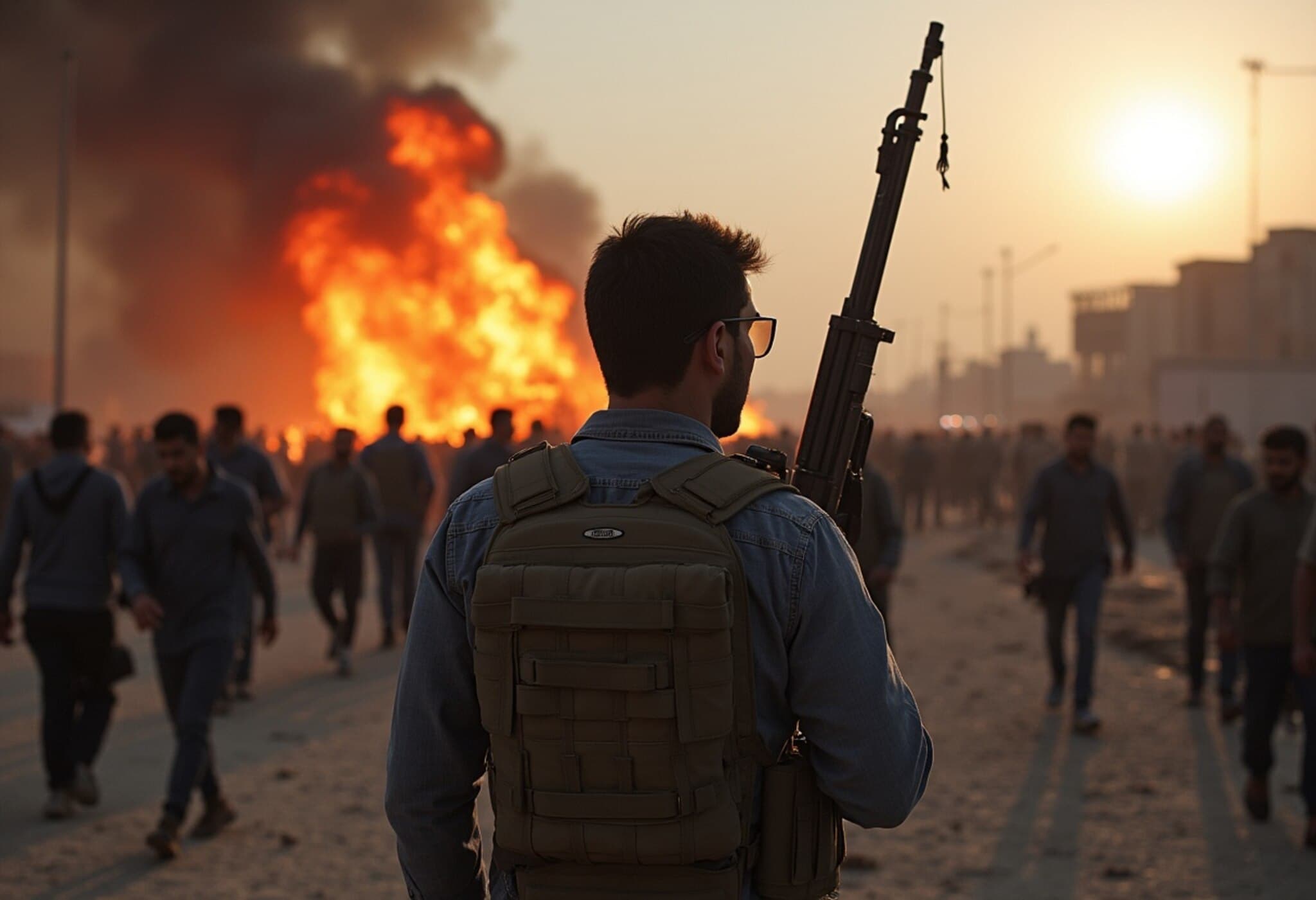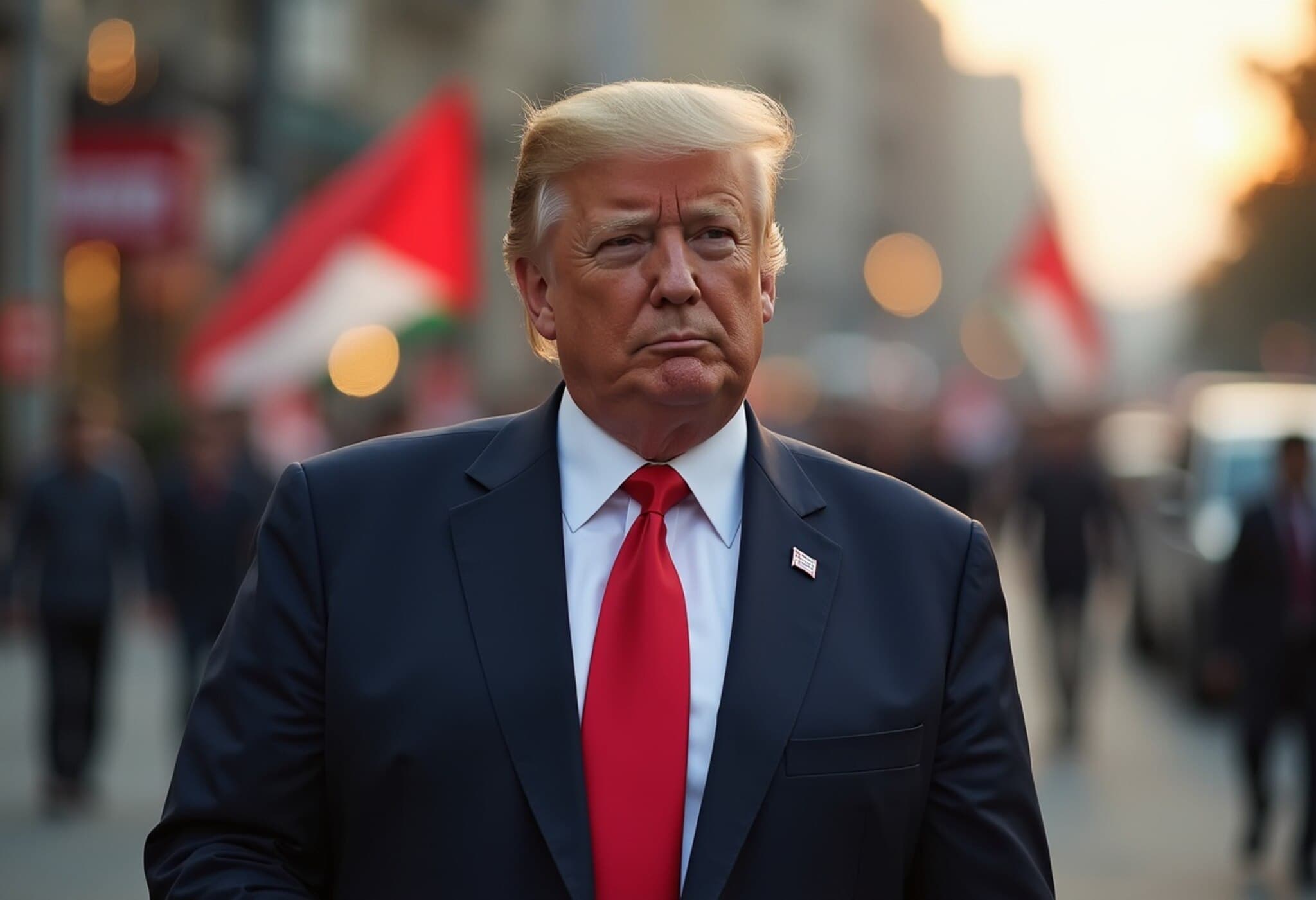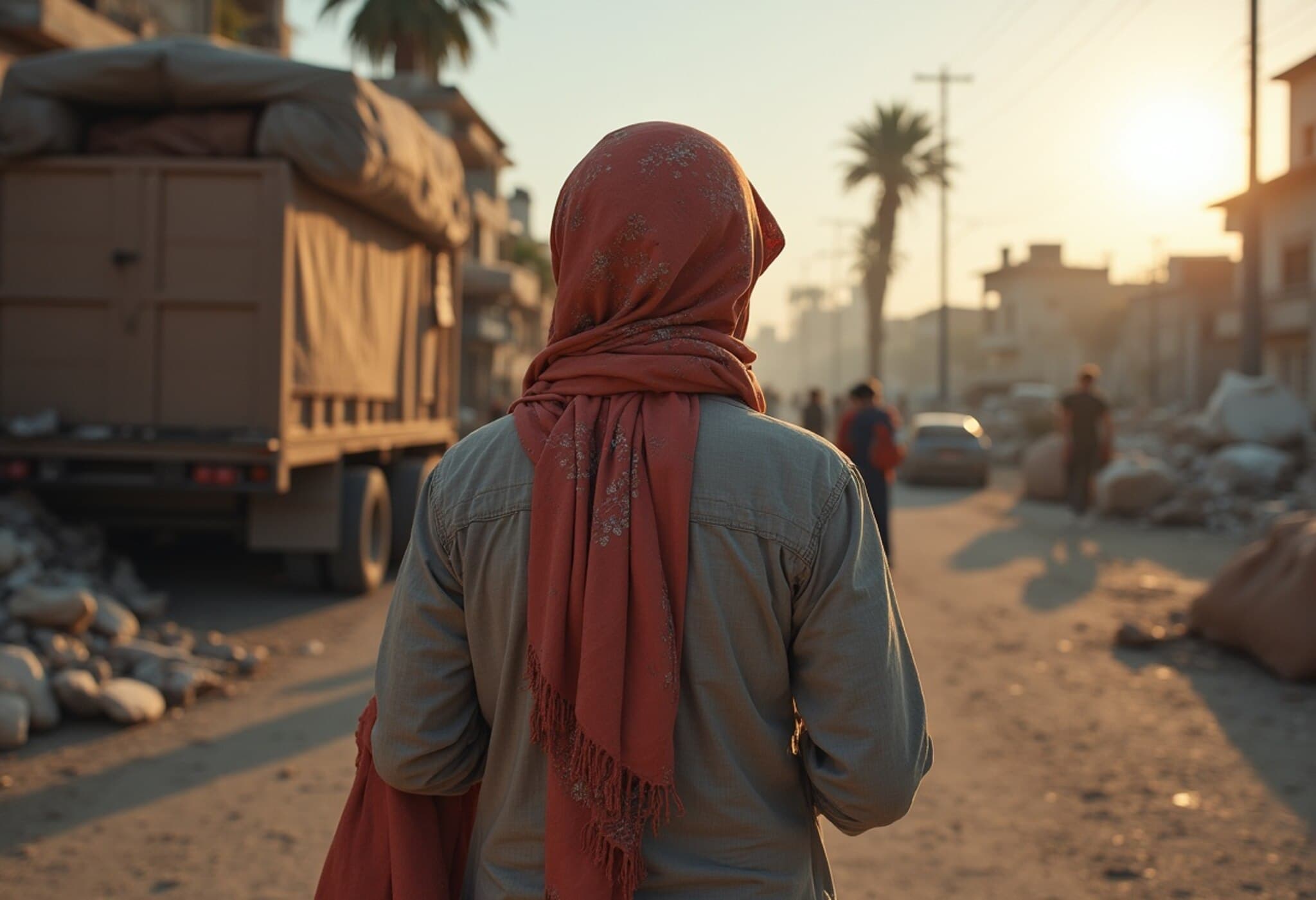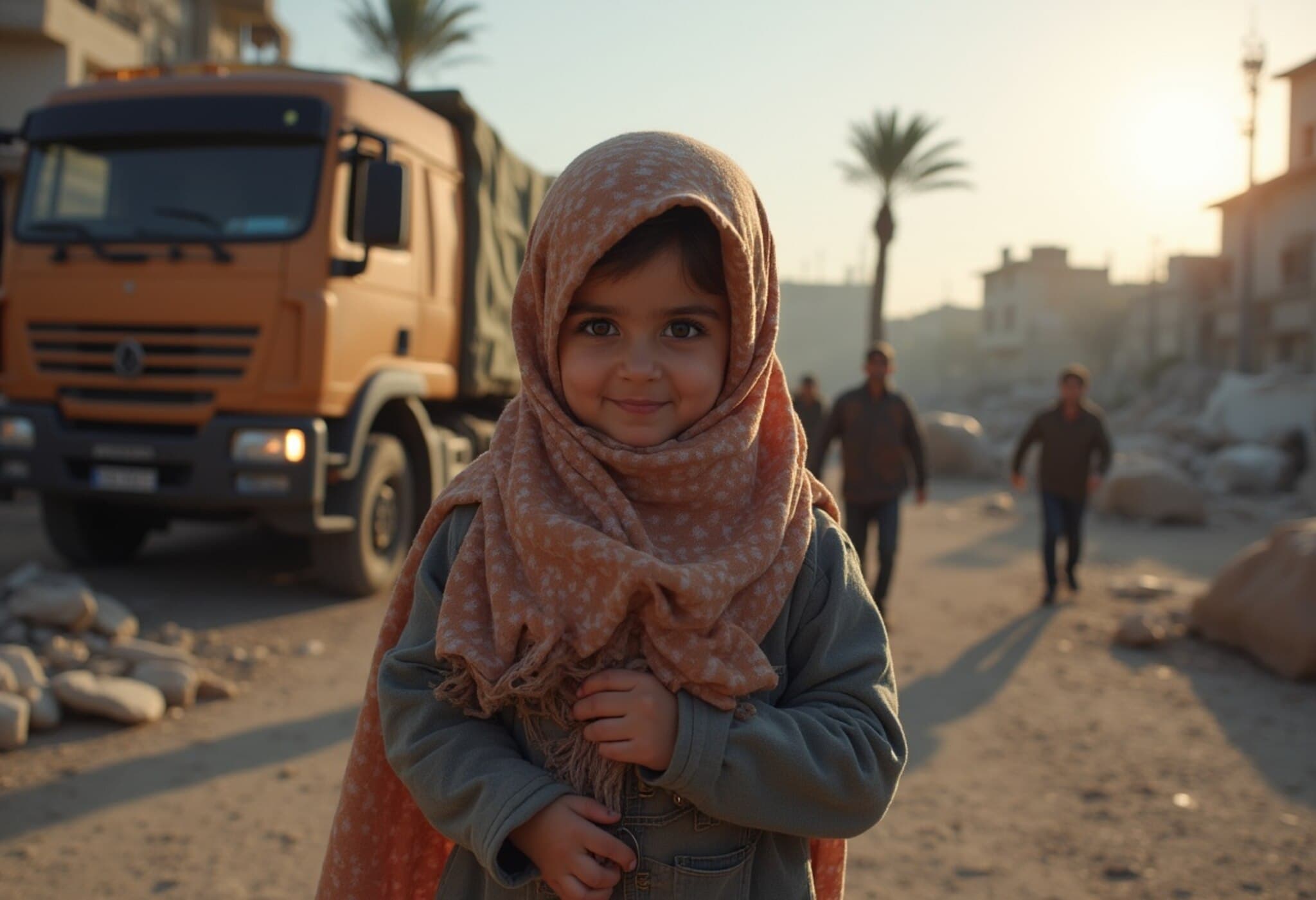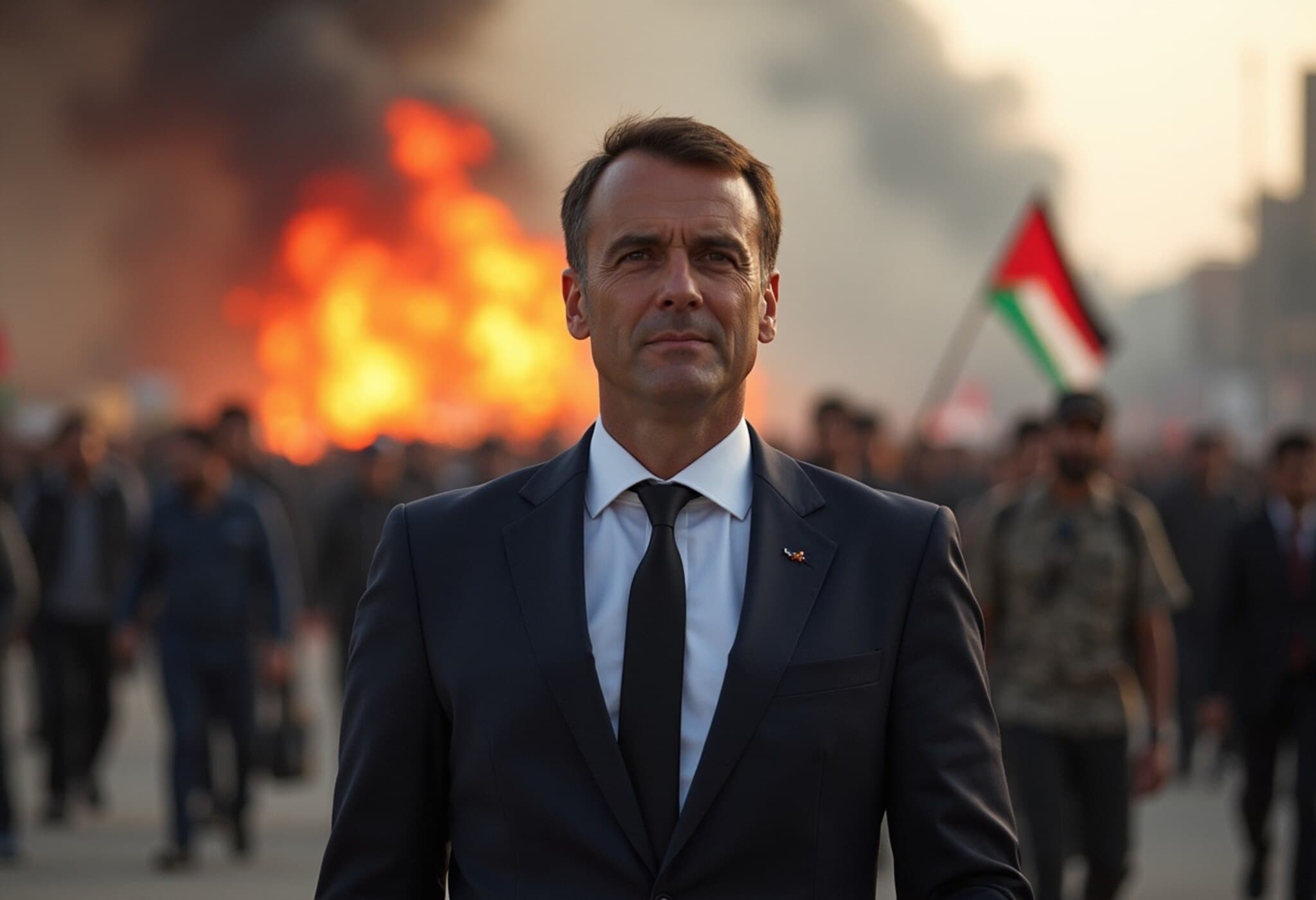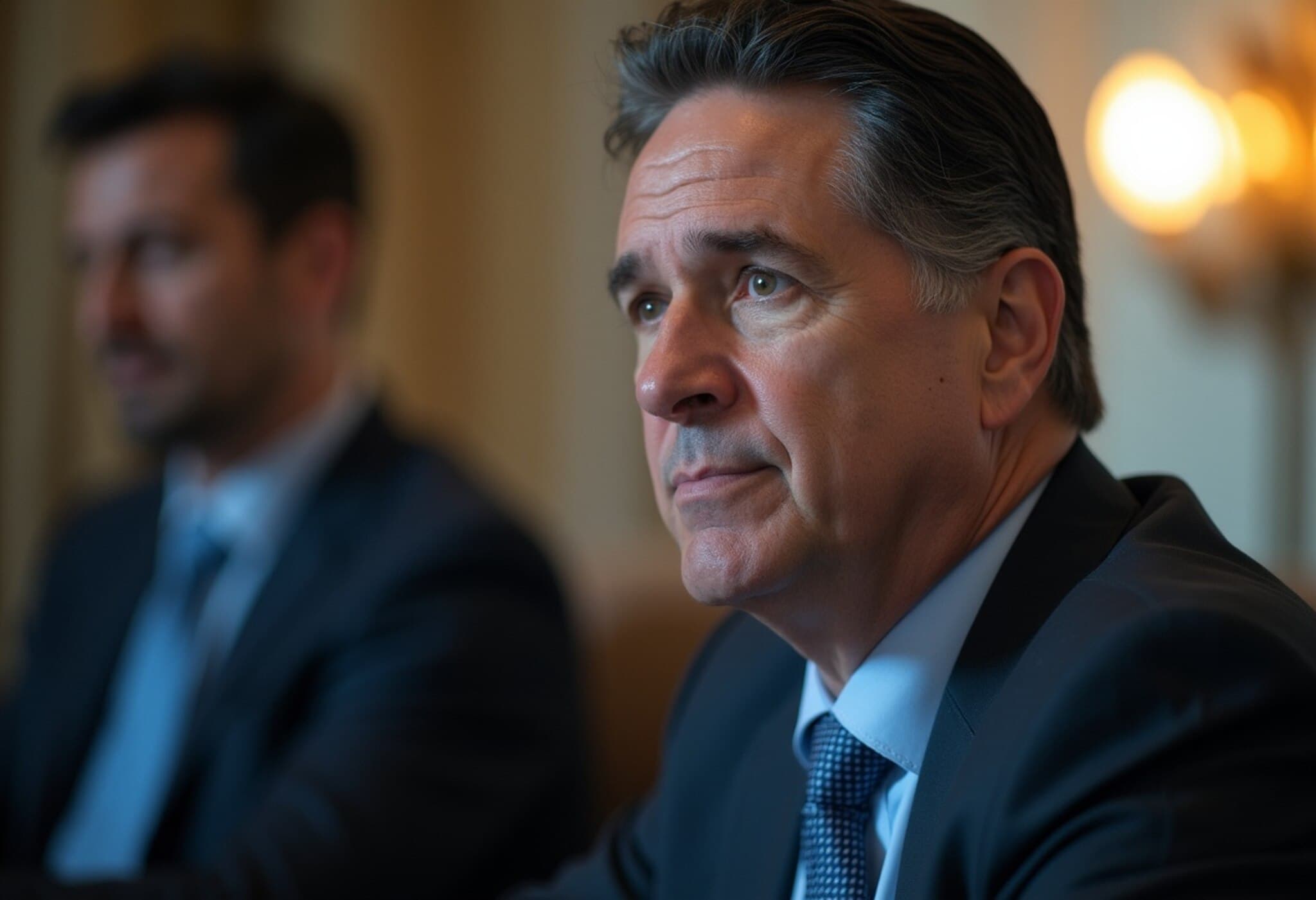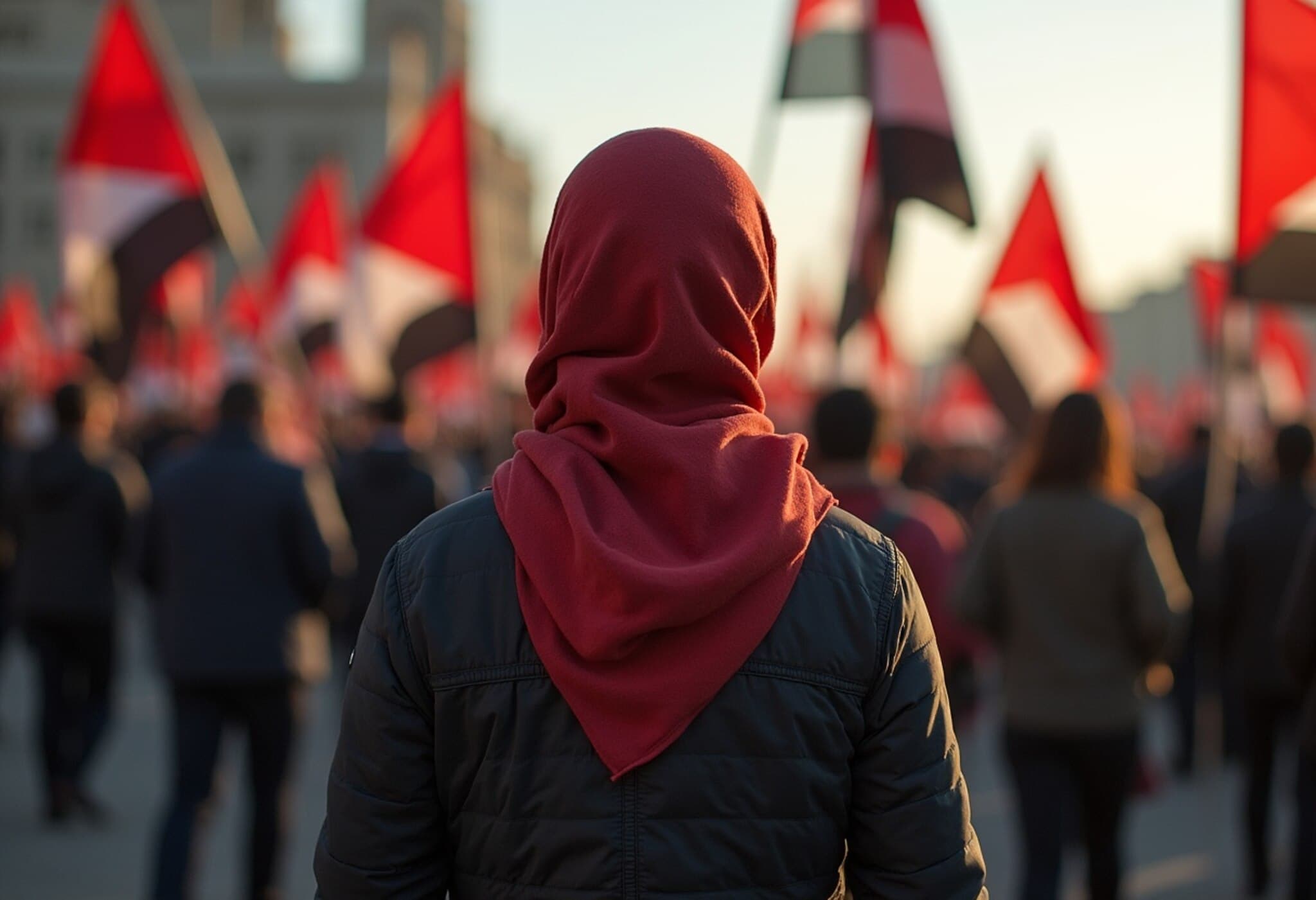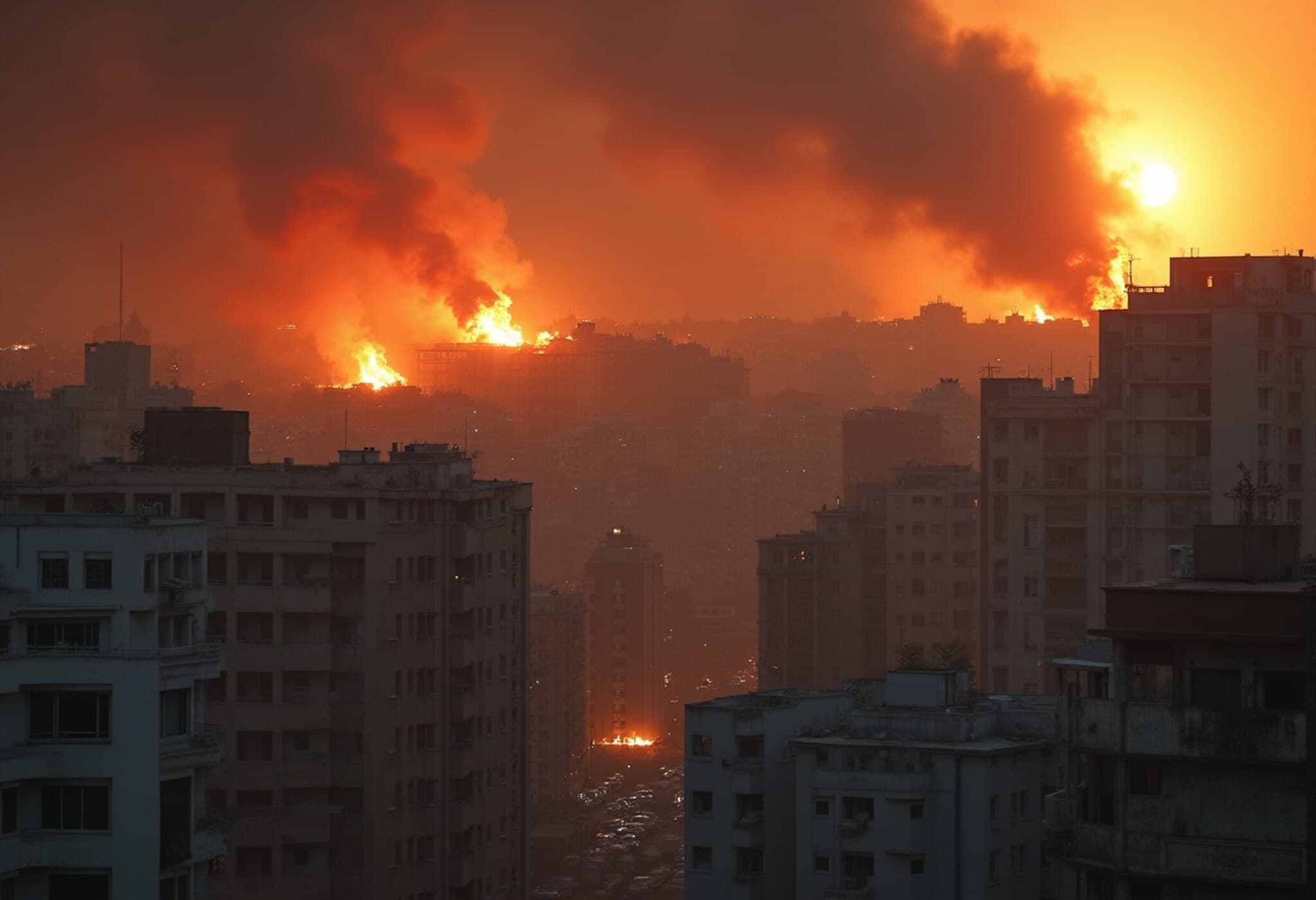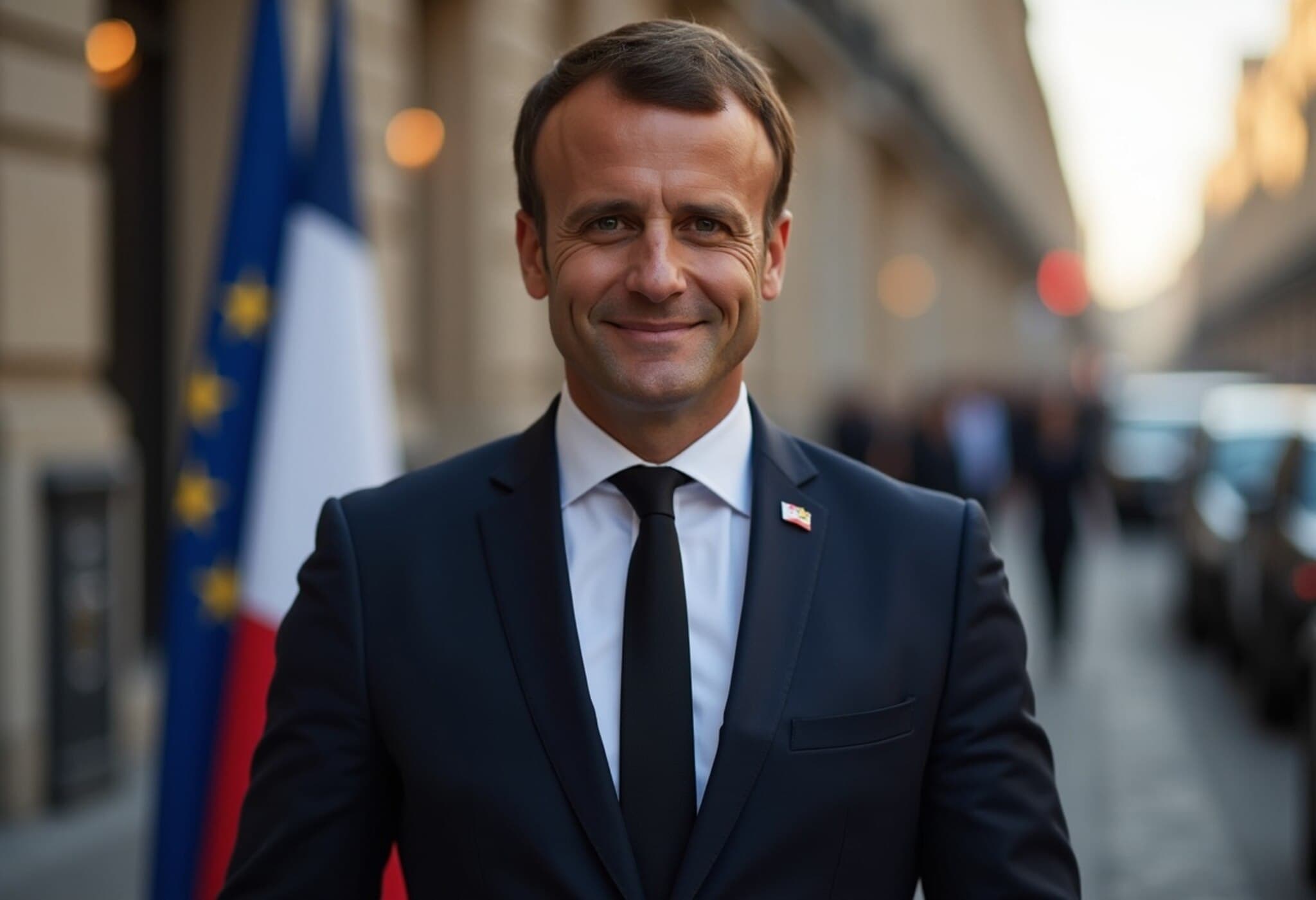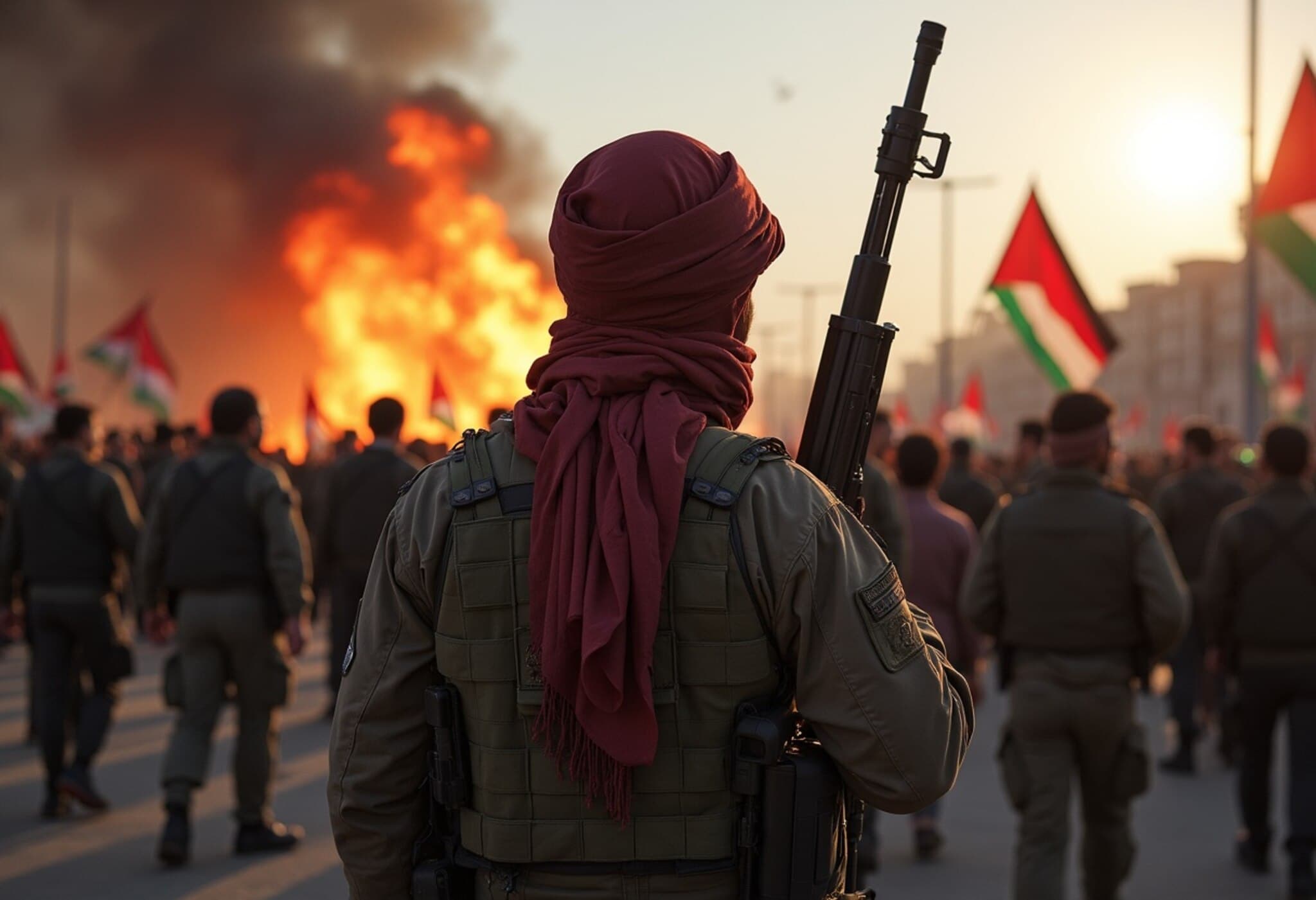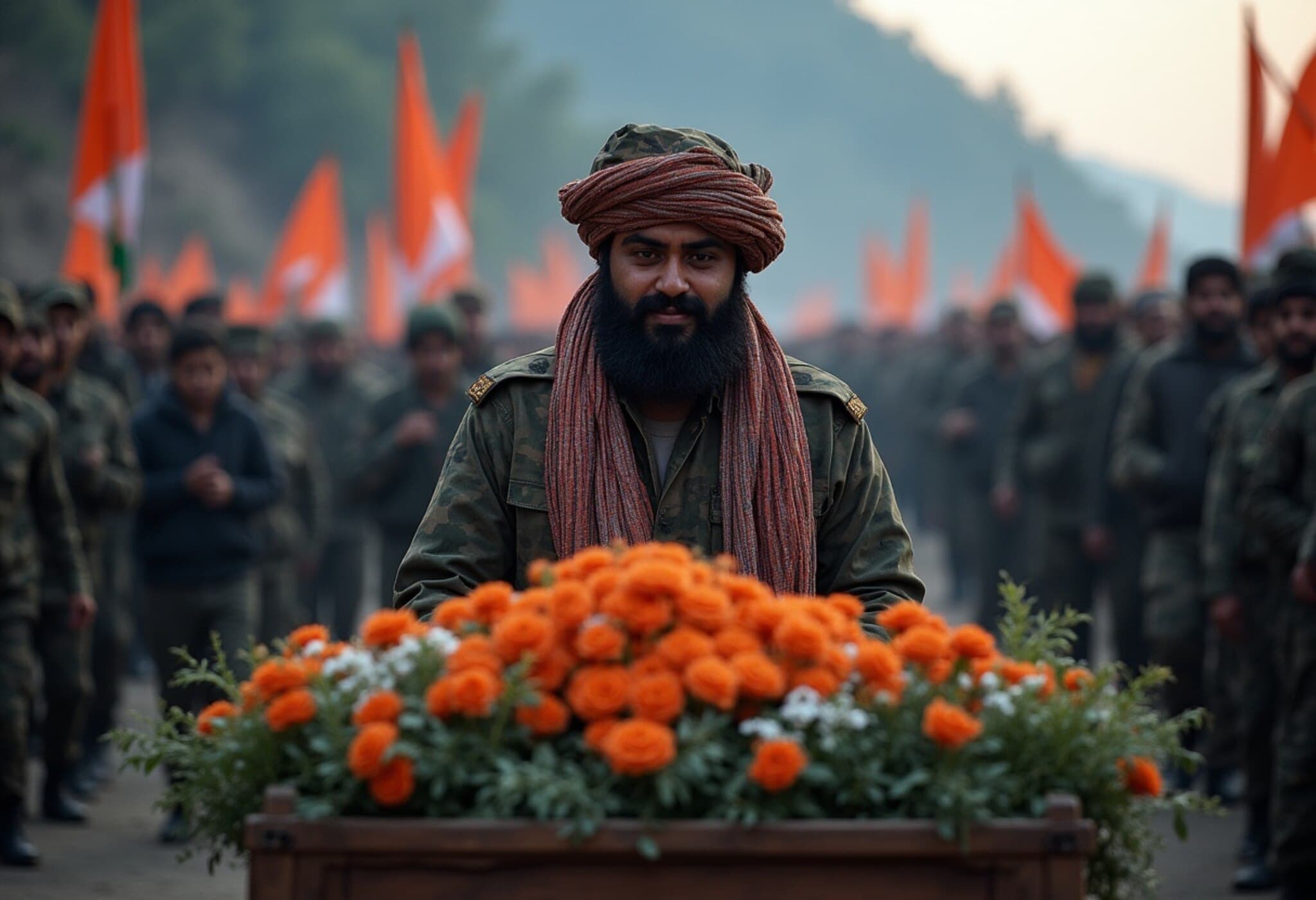US Envoy Steve Witkoff Engages with Israeli Hostage Families in Tel Aviv
In a somber and emotionally charged visit on August 2, 2025, US envoy Steve Witkoff met with the families of Israelis held hostage by Palestinian militants in the Gaza Strip since October 2023. The meeting took place in Tel Aviv, where hundreds gathered in "Hostage Square" to plead for the safe return of their loved ones amid dwindling prospects for a ceasefire.
A Meeting Laden With Hope and Desperation
Witkoff was met with cautious applause and urgent cries of "Bring them home!" from the crowd before retreating to a private session with the Hostages and Missing Families Forum. Their heart-wrenching chants underscored the anguish that has plagued these families for nearly two years, as 49 of the original 251 hostages remain in Gaza. The Israeli military has declared 27 of them deceased, adding layers of tragedy and uncertainty.
During the closed-door meeting, the US envoy promised a personal commitment, stating that he and then-President Donald Trump would work tirelessly to facilitate the remaining hostages' return. This pledge, though a beacon for some, weighed heavily against the stark reality of stalled ceasefire talks and an escalating humanitarian crisis.
Humanitarian Crisis Deepens as Ceasefire Falters
On the eve of the meeting, Witkoff had visited a US-backed aid station in Gaza to assess ongoing humanitarian efforts. Despite these attempts at relief, more than two million Palestinians face acute food shortages, with malnutrition becoming rampant among the most vulnerable, including children like 33-year-old Modallala Dawwas’ daughter Mariam. Their story echoes a broader pattern of suffering driven by an entrenched conflict.
Escalating Pressure and Propaganda Campaigns
Hamas intensified pressure by releasing disturbing videos of hostages, including 24-year-old Evyatar David, visibly emaciated and held in tunnels, discouragingly signaling the passage of time and declining health. His family fiercely condemned the deliberate starvation used as a method of psychological warfare, labeling it "one of the most horrifying acts the world has seen."
International voices, including French Foreign Minister Jean-Noel Barrot, denounced these tactics as "despicable," reiterating calls for unconditional release and disarmament of Hamas. Despite diplomacy efforts involving the US, Egypt, and Qatar, ceasefire discussions have collapsed, leaving hostages and civilians alike in continued peril.
Military and Political Pressures Mount on All Fronts
Israel's top military commander, Lieutenant General Eyal Zamir, signaled uncompromising resolve, warning that without progress on hostage release, combat operations would persist relentlessly. His remarks included denials of deliberate starvation, emphasizing Israel's moral standing while dismissing accusations of war crimes.
However, reports from UN experts and humanitarian agencies highlight a disturbing reality: Gaza faces a looming famine, with mounting casualties among civilians reliant on scarce aid shipments. The Gaza Humanitarian Foundation's role, distinct from the long-standing UN system, adds complexity to the distribution of vital resources amid ongoing strikes.
The Human Toll and Regional Implications
- Hamas’s October 2023 attack resulted in over 1,200 Israeli deaths, predominantly civilians.
- Israeli military campaigns have resulted in more than 60,000 Palestinian deaths, according to Hamas-run Gaza health authorities.
- Recent strikes have targeted aid workers and distribution centers, exacerbating humanitarian concerns.
The precarious situation reflects deep-rooted tensions, where humanitarian imperatives collide with security priorities and political calculations. The international community watches closely as each day without a breakthrough deepens the human cost and regional instability.
Editor’s Note: A Humanitarian Crossroads Amid Protracted Conflict
As the conflict enters its twenty-second month, the plight of hostages and civilians in Gaza reveals the devastating human face of geopolitical stalemates. This episode underscores the urgent need for renewed diplomatic engagement that prioritizes human dignity and protection over political brinkmanship. Future analysis should focus on pathways for sustainable conflict resolution, including the feasibility of third-party humanitarian interventions and fresh frameworks for dialogue that center on hostage welfare and civilian survival. The unfolding crisis is a somber reminder of the costs of prolonged warfare, pressing readers and policymakers alike to reflect on the essential humanity often lost amid headlines.

